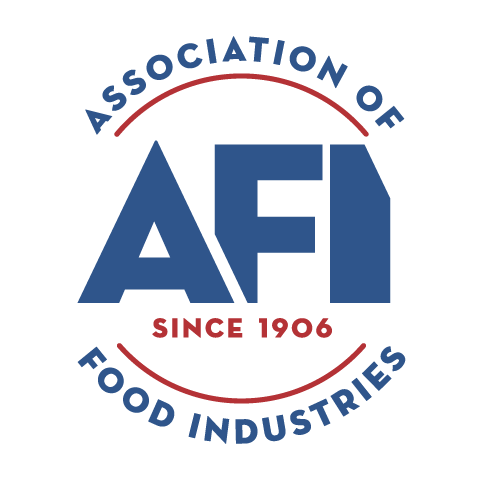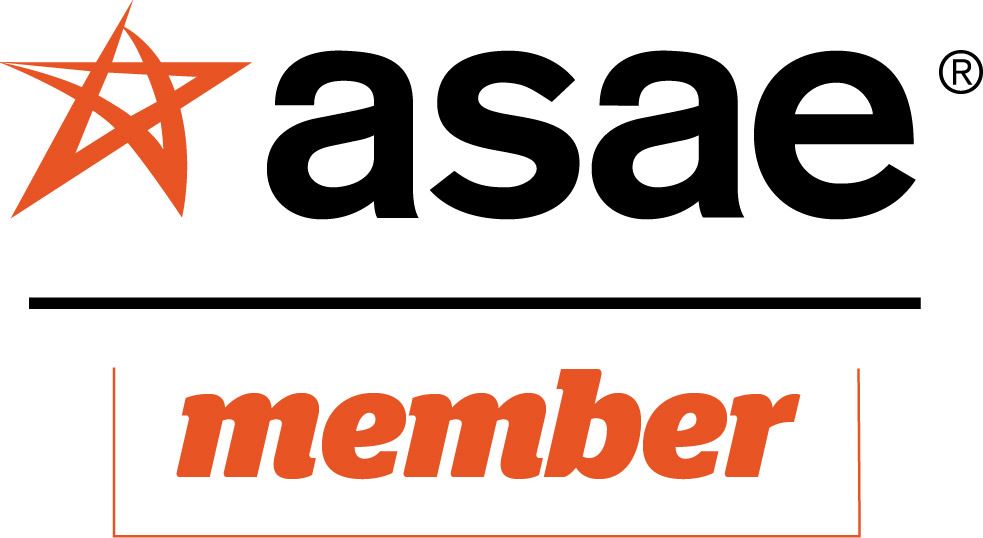2021 Processed Foods ReportJosh Gellert
|
Coming Soon:2021 U.S. Food Import Industry Annual ReportChairman's Report - James Libby President's Report - Bob Bauer North American Olive Oil Association - Marco de Ceglie Processed Foods - Josh Gellert Nut & Agricultural Products - Travis Walvoord National Honey Packers & Dealers - Greg Olsen Regulatory and Trade IssuesFDA Vision of New Era of Smarter Food Safety FDA Marks FSMA's 10th Anniversary Balancing Today, Tomorrow, Key for Continuity Producers Must Comply with Intentional Adulteration Regulation Nutrition Facts Panel Changes in Effect The Role of a PCQI for Exporters to the U.S. M&A Activity Continues in Pandemic |



